|
4/16/2021 Afghanistan’s Socialist Years: The Promising Future Killed Off by U.S. Imperialism. By: Marilyn BechtelRead NowWomen attend a rally in Kabul in the late 1970s. | Imgur via Pinterest In the mid-1970s and early ’80s, People’s World correspondent Marilyn Bechtel was editor of the bimonthly magazine, New World Review. She visited Afghanistan twice, in 1980 and 1981. The article below first appeared in our pages on Oct. 6, 2001—the day before the U.S. launched its war in Afghanistan—under the headline, “Afghanistan: Some overlooked history.” With the Biden administration now withdrawing all troops from the country, we present this article as a reminder that the U.S.’ longest war had roots that went beyond the terrorist attacks of 9/11, stretching back to Cold War anti-communism. Since the horrific events of Sept. 11, much has been said about the desperate situation of the Afghani people now crushed under the heel of the theocratic, dictatorial Taliban, and about the role of the Northern Alliance and other Taliban opponents who now figure in Washington’s plans for the region. Kabul street scene, 1979. | TASS There has been talk, most of it distorted, about the role of the Soviet Union in the years from 1978 to 1989. There has been talk, most of it understated, about the role of the U.S. in building up the Mujahideen forces, including the Taliban. But almost no one talks about the effort the Afghan people made in the late 1970s and ’80s to pull free of the legacy of incessantly warring tribes and feudal fiefdoms and start to build a modern democratic state. Or about the Soviet Union’s role long before 1978. Some background helps shed light on the current crisis. Afghanistan was a geopolitical prize for 19th-century empire builders, contested by both czarist Russia and the British Empire. It was finally forced by the British into semi-dependency. When he came to power in 1921, Amanullah Khan—sometimes referred to as Afghanistan’s Kemal Ataturk—sought to reassert his country’s sovereignty and move it toward the modern world. As part of this effort, he approached the new revolutionary government in Moscow, which responded by recognizing Afghanistan’s independence and concluding the first Afghan-Soviet friendship treaty. From 1921 until 1929—when reactionary elements, aided by the British, forced Amanullah to abdicate—the Soviets helped launch the beginnings of economic infrastructure projects, such as power plants, water resources, transport, and communications. Thousands of Afghani students attended Soviet technical schools and universities. After Amanullah’s forced departure, the projects languished, but the relationship between the Soviets and the Afghans would later re-emerge. The Center for Science and Culture was built in Kabul as a gift from the people of the Soviet Union. Once U.S.-backed Mujahideen forces took power, the facility was destroyed. | TASS In the 1960s, a resurgence of joint Afghan-Soviet projects included the Kabul Polytechnic Institute—the country’s prime educational resource for engineers, geologists, and other specialists. Nor was Afghanistan immune from the political and social ferment that characterized the developing world in the last century. From the 1920s on, many progressive currents of struggle took note of the experiences of the USSR, where a new, more equitable society was emerging on the lands of the former Russian empire. Afghanistan was no exception. By the mid-’60s, national democratic revolutionary currents had coalesced to form the People’s Democratic Party (PDP). Modern apartment buildings constructed in Kabul in the 1980s with Soviet assistance. | TASS In 1973, local bourgeois forces, aided by some PDP elements, overthrew the 40-year reign of Mohammad Zahir Shah—the man who now, at age 86, is being promoted by U.S. right-wing Republicans as the personage around which Afghanis can unite. When the PDP assumed power in 1978, they started to work for a more equitable distribution of economic and social resources. Among their goals were the continuing emancipation of women and girls from the age-old tribal bondage (a process begun under Zahir Shah), equal rights for minority nationalities, including the country’s most oppressed group, the Hazara, and increasing access for ordinary people to education, medical care, decent housing, and sanitation. A Mujahideen Islamist fighter aims a U.S.-made Stinger missile supplied by the CIA near Gardez, Afghanistan, December 1991. | Mir Wais / AP During two visits in 1980-81, I saw the beginnings of progress: women working together in handicraft co-ops, where for the first time they could be paid decently for their work and control the money they earned. Adults, both women and men, learning to read. Women working as professionals and holding leading government positions, including Minister of Education. Poor working families able to afford a doctor, and to send their children—girls and boys—to school. The cancellation of peasant debt and the start of land reform. Fledgling peasant cooperatives. Price controls and price reductions on some key foods. Aid to nomads interested in a settled life. I also saw the bitter results of Mujahideen attacks by the same groups that now make up the Northern Alliance—in those years aimed especially at schools and teachers in rural areas. The post-1978 developments also included Soviet aid to economic and social projects on a much larger scale, with a new Afghan-Soviet Friendship Treaty and a variety of new projects, including infrastructure, resource prospecting, and mining, health services, education, and agricultural demonstration projects. After December 1978 that role also came to include the introduction of Soviet troops, at the request of a PDP government increasingly beset by the displaced feudal and tribal warlords who were aided and organized by the U.S. and Pakistan. The rest, as they say, is history. But it is significant that after Soviet troops were withdrawn in 1989, the PDP government continued to function, though increasingly beleaguered, for nearly three more years. Somewhere, beneath the ruins of today’s torn and bloodied Afghanistan, are the seeds that remain even in the direst times within the hearts of people who know there is a better future for humanity. In a world struggling for economic and social justice—not revenge—those seeds will sprout again. AuthorMarilyn Bechtel writes for People’s World from the San Francisco Bay Area. She joined the PW staff in 1986, and currently participates as a volunteer. This article was first published by People's World.
2 Comments
حکیم
4/16/2021 01:41:27 pm
چه بودم چه شدیم
Reply
eman ismael
3/1/2022 06:04:54 am
is this or any of your other articles peer reviewed? thanks!
Reply
Leave a Reply. |
Details
Archives
July 2024
Categories
All
|
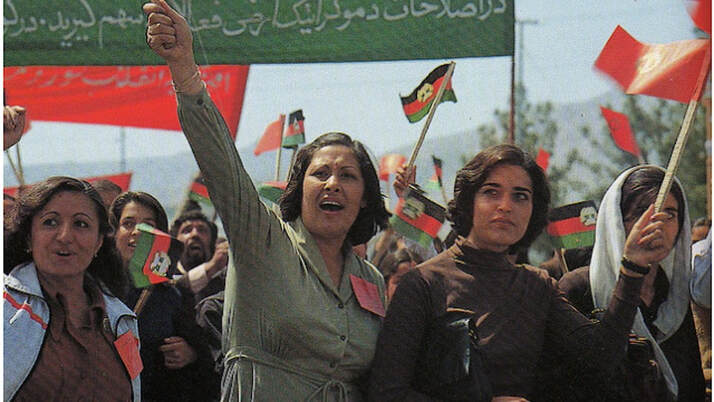
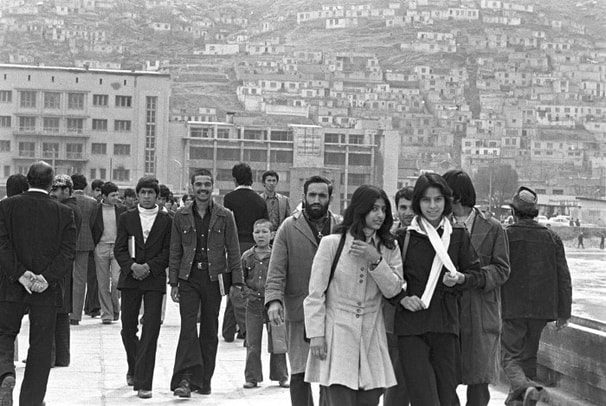
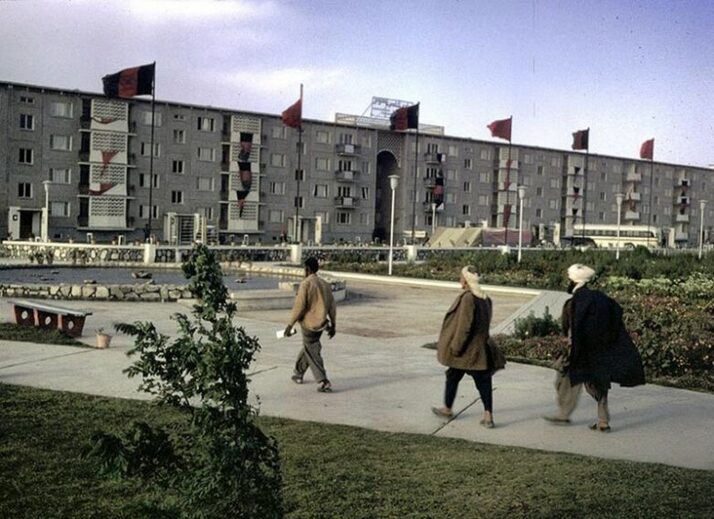
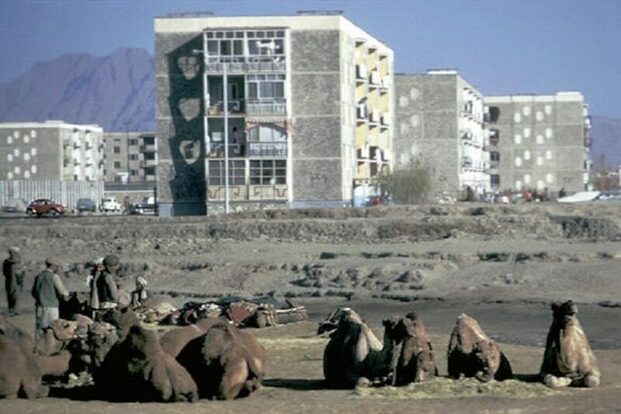
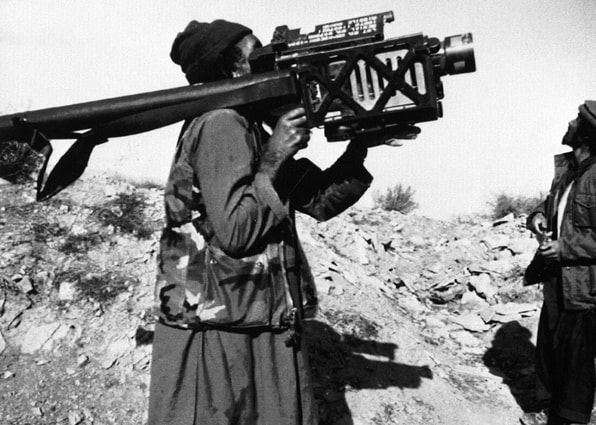
 RSS Feed
RSS Feed